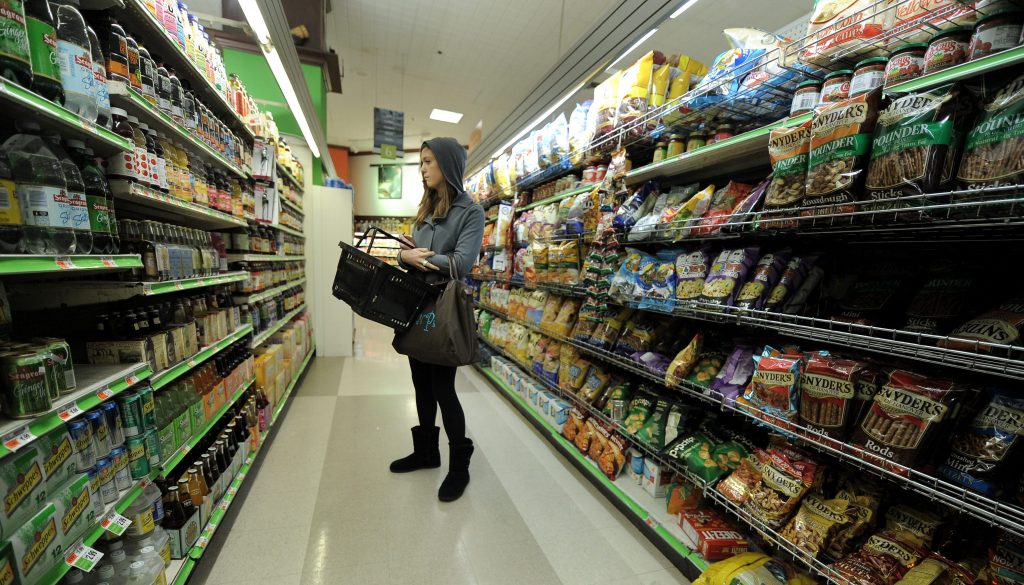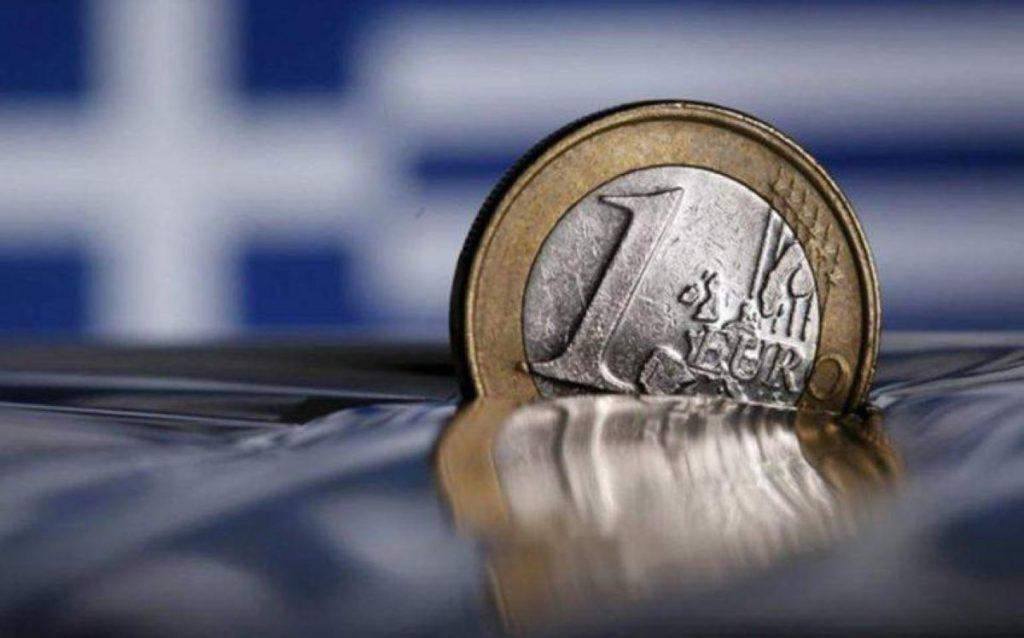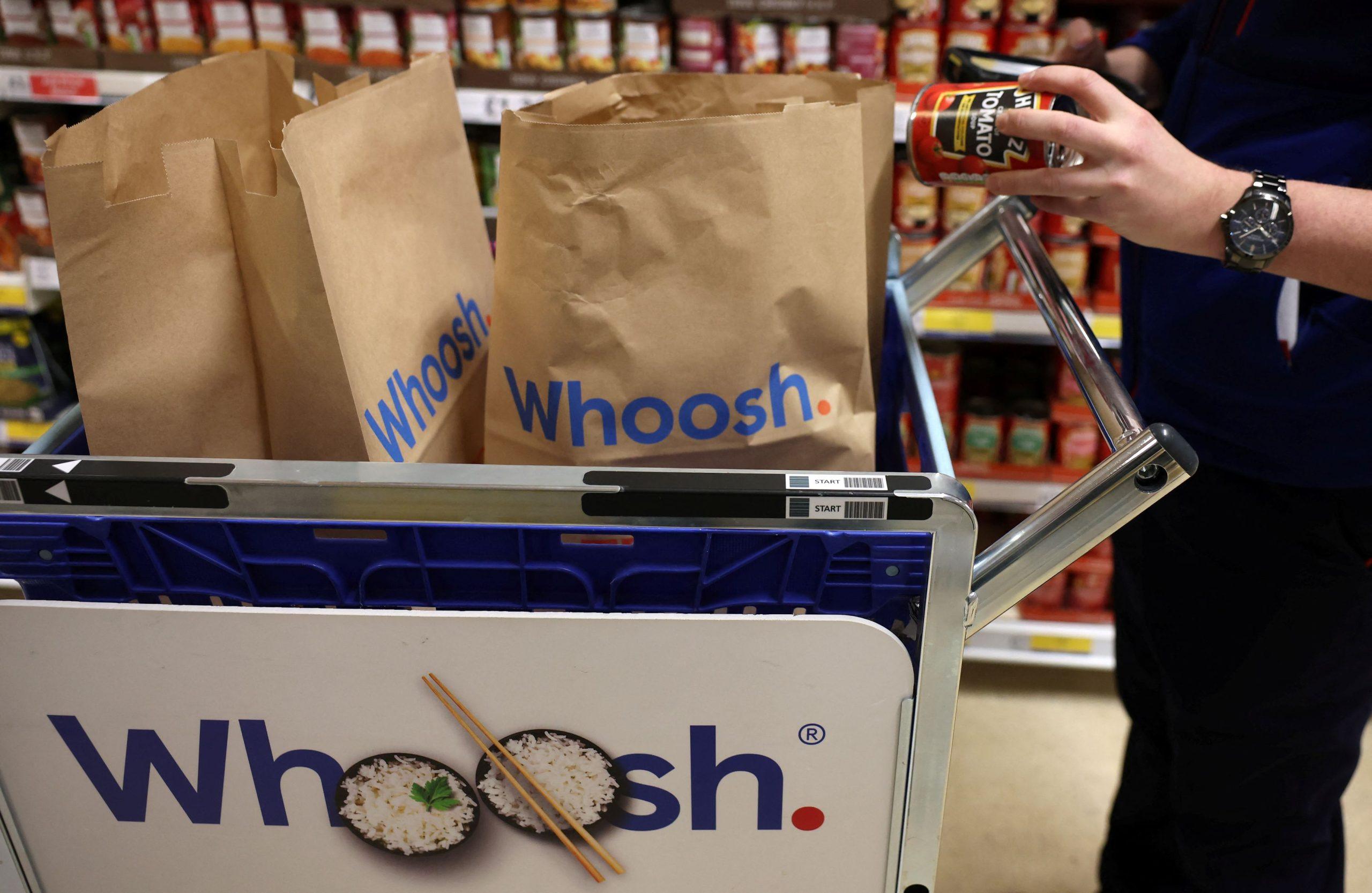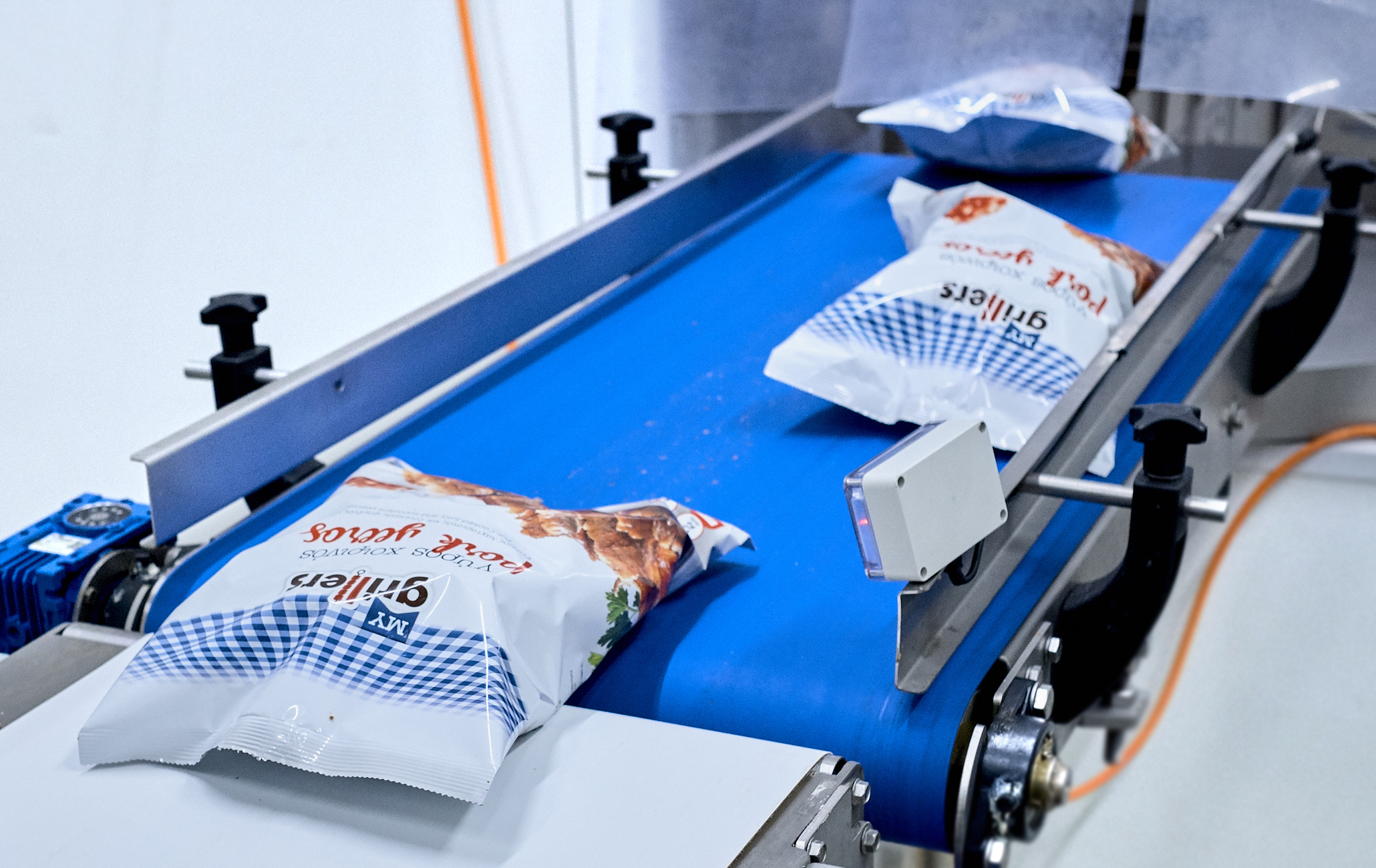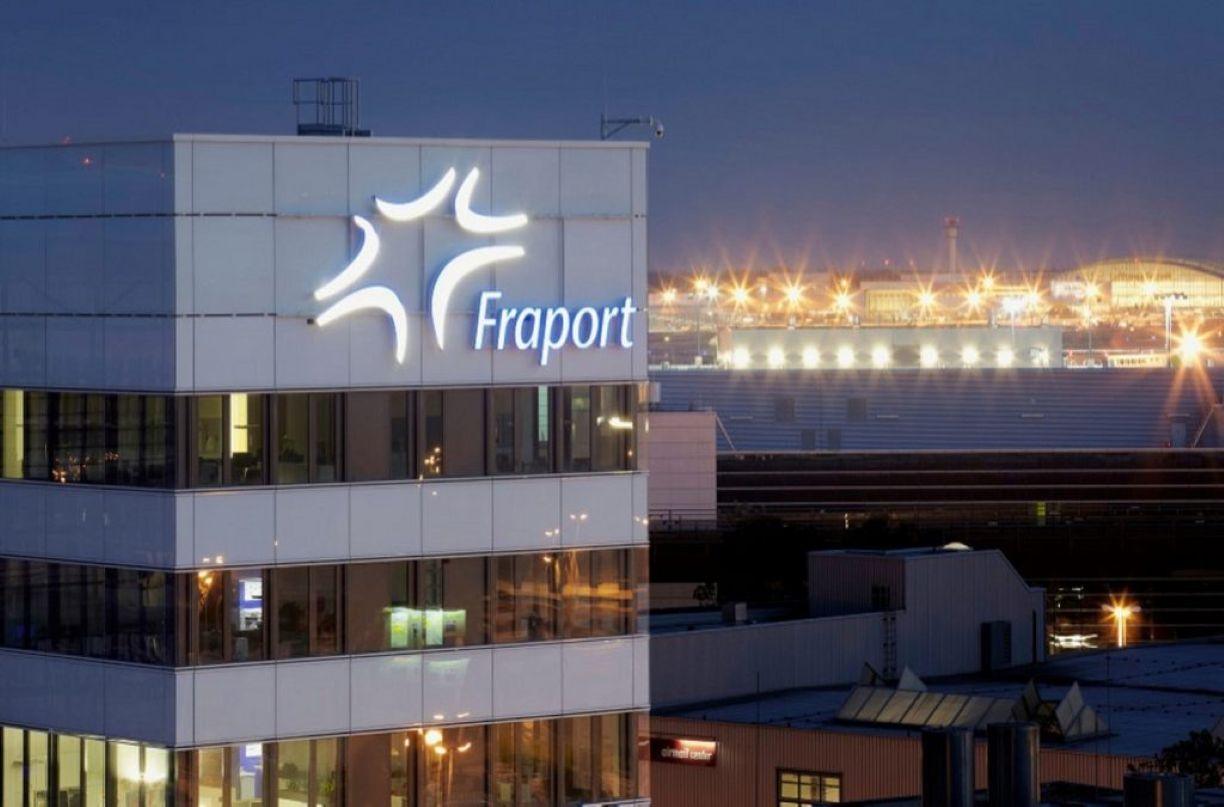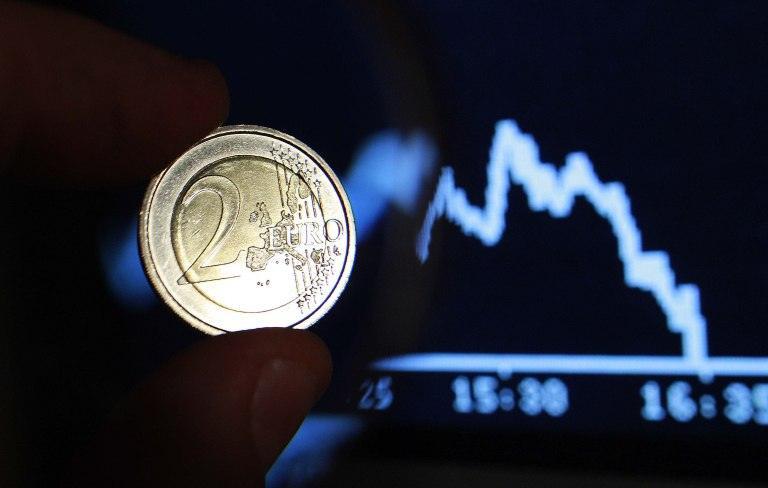Unprecedented shock conditions are experienced by households, industry and retail, with inflation moving unrestrained, reaching a high of 27 years.
In April, in order for the average household in Greece to buy the same basket of goods and services it bought a year ago, it had to spend 10.2% more than last year, eliminating the increase in the minimum wage in advance.
New wave of price increases in the household basket
The new wholesale price lists, which have reached supermarket shelves with increases often exceeding 10%, lead to a new cycle of price increases in the near future and foreshadow a new rise in inflation this month as well.
Increases in flour-based products are considered almost certain, as the price of wheat has more than quadrupled, in dairy and meat due to the spike in fodder and energy prices, in household products due to the increase in plastic and aluminum, in feminine care products, in sweets and oils.
The annual increase in the General Import Price Index by 27.2% last February, compared to an increase of 6.3% in the comparison of the respective indices in 2021 with 2020, reveals the range of imported inflationary pressures, while the Producer Price Index in Industry for the month of March increased by 46.2%.
The effects on the real economy from the price rally are also reflected in the economic indicators of April 2022.
The consumer confidence index fell to its lowest level since 2017, according to the relevant research of the Institute of Economic and Industrial Research (IOBE) for April. In fact, IOBE points out that “as the war continues, with sanctions in Russia, but also on its part expanding, the negative effects on prices will not subside significantly in the coming months.”
Thus, it remains to be seen whether the Ministry of Finance forecasts that the average inflation rate in 2022 will be 5.6%, as in the first four months of 2022 it shows an average value of 7%. Only in the event that during the next eight months of 2022 the average inflation “sits” at 4.8% will the government estimate for 5.6% be verified.
Inflation durability
Inflation started to emerge in Greece the middle of last summer, while from the end of November 2021 it’s firmly above the average recorded in the Eurozone.
Rising prices of more than 23% on food and household items have been recorded in the last two months at a time when real consumption is declining significantly, with consumers cutting not only spending on clothing and footwear and household equipment, but also those that are considered inelastic, such as dairy.
In less than two months, a typical supermarket “basket” consisting of 25 products has increased by 4.2% based on data collected by the Ministry of Development and Investment and displayed on the digital e-Consumer platform.
The biggest price increases
The largest increases are in flour with the increase in the average price on April 27 compared to March 1 to 23.4%. An increase of 14.2% is recorded in feta cheese, 12.2% in apples, 11.3% in chicken, 10.5% in yogurt, 8.2% in spaghetti, 8% in sunflower oil, 6.9% in potatoes, 5.5% in corn oil, 5.4% in toast bread, 4.6% in dishwashing liquid detergent and 4.3% in olive oil.
It is noted that at the level of the first quarter, according to Nielsen iQ measurements, inflation kept the losses in the turnover of basic consumer goods at 1.4% compared to last year, however the decline in sales volumes, as estimated by the market, is multiples and reaches 6% – 8%.
Sustainability plans
At this critical juncture, domestic food and organized retail businesses are looking at alternative viability scenarios for fear of further declining demand, as the explosive mix of rampant inflation and unsustainable energy price rallies raises their .
In the face of a brutal operating cost due to the huge increase in prices for energy and raw materials and auxiliary materials due to the war in Ukraine, but also significant delays due to the ongoing crisis in the supply chain with simultaneous rise in transport costs and mainly freight rates containers, business risk management departments are called like other fortune tellers to predict when they will start the gradual de-escalation at all levels.
Most of the food industries seek through actions such as storage of raw materials (whoever has the space), long-term agreements for packaging materials, in order to ensure better prices, supply alternatives, transfer of excessive production costs to the price of final products and adjust the production plan, to ensure their viability and to protect their profitability.
Already, food retailers, as shown by IOBE research, are reducing orders to suppliers, while for 2022 S&P Global, which compiles the index of responsible procurement in processing, expects an increase in industrial production in Greece by just 1.4% due to rising input prices and cost passing on to customers.
The measures and the strong card of tourism
Alleviation measures on electricity bills, both for households and businesses, will give economic breath, with the market “turning its back” in order to contain the losses in demand, but no one expects us to “return” this year. in the conditions of 2021. After all, the known crises so far have nothing to do with the current one, in which the energy crisis and the war crisis are combined.
As for the reduction of VAT, if it happens, it will only concern specific essential foods and nothing else, say informed sources.
Everyone puts their hopes in the strong card of tourism, although in the back of their minds there is always war as it is a key factor that will show how the summer will pan out.
